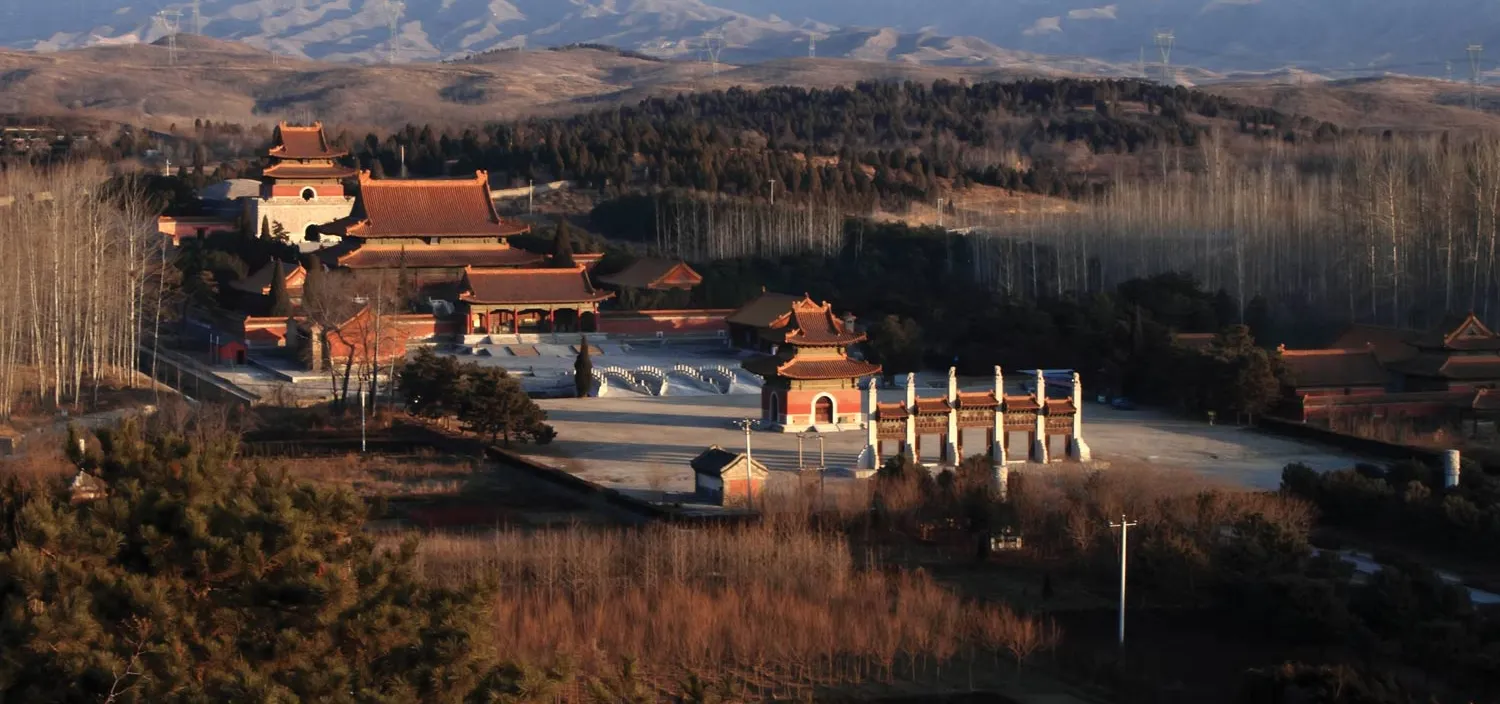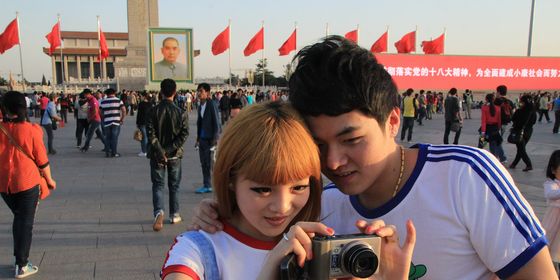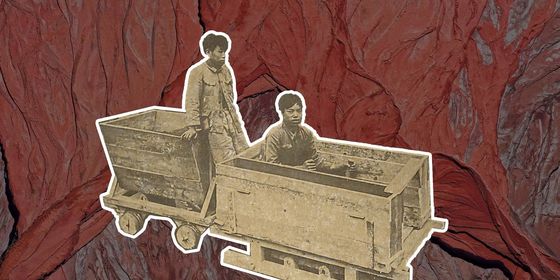A Manchu “banner village” repackages China’s past for tourists
Just inside the southern gate of Fenghuangtai village (凤凰台村) in Hebei province, construction workers are picking through the rubble of an old courtyard home.
In front of the debris, the street has been stripped of its pavement, leaving a dusty surface which threatens to turn into a quagmire as rain begins to fall. The owners stare at the wreckage of their former home and the broken street with a happy mixture of anticipation and excitement.
Their village is going through a profound metamorphosis. Work crews are sweeping away all remnants of the old village in preparation for a gleaming “Old Town” which purports to celebrate the rich history of Fenghuangtai, or “Phoenix Garrison.”
In the new Old Town, gates and walls will have a uniform appearance. The street will be repaved with “historic” stones recently purchased from a building supplier in Shijiazhuang, the nearby provincial capital. The village temple, venerating Zhenwu (真武, “The Perfected Warrior”), a deity in Chinese popular religion associated with Northerners, has been completely rebuilt; Red Guards had razed the Qing-era original during the Cultural Revolution. Across from the village gate, a swampy area along the banks of the Yihe River is being excavated. Eventually, it will be a car park and service area for tourists.
“The hole in the ground is where the five-star restrooms will be installed,” Mr. Guan enthusiastically tells TWOC.
His family runs a homey guesthouse just inside the southern wall. The rooms are consistent with village inns and rural B&Bs throughout China (the author spent the previous evening in a large room with two beds, an enormous desk, and—of course—a mahjong table with the tiles ready to go) but the kitchen is spectacular, and Mr. Guan’s family serves some of the best food in the area.
They, too, are excited about their prospects in the new Fenghuangtai era. More development means tourists, which mean more people learning about Manchu culture—or at least a very particular presentation of that culture—and, of course, more revenue for the residents.
Making History is a story from our issue, “Down to Earth.” To read the entire issue, become a subscriber and receive the full magazine.













